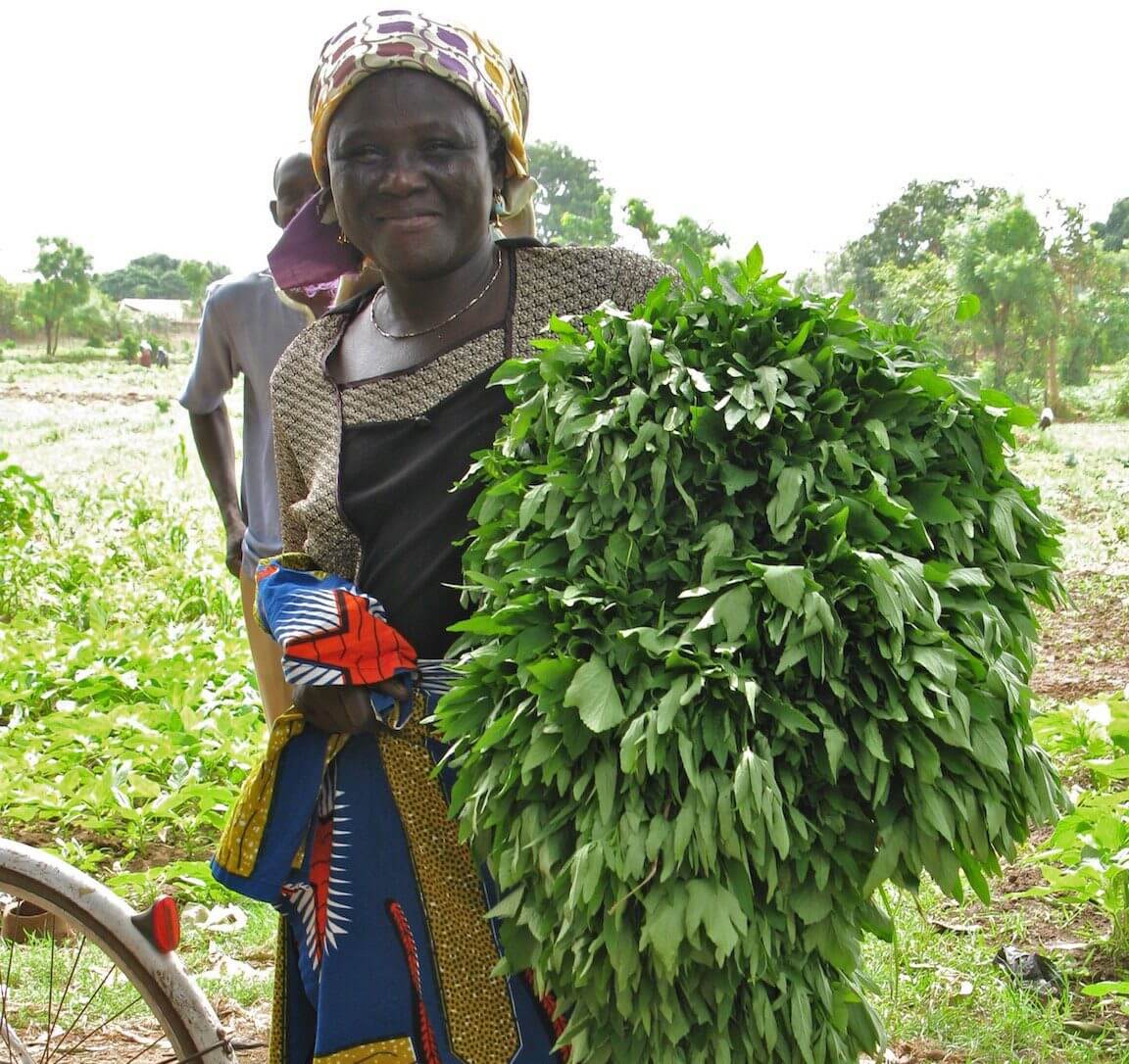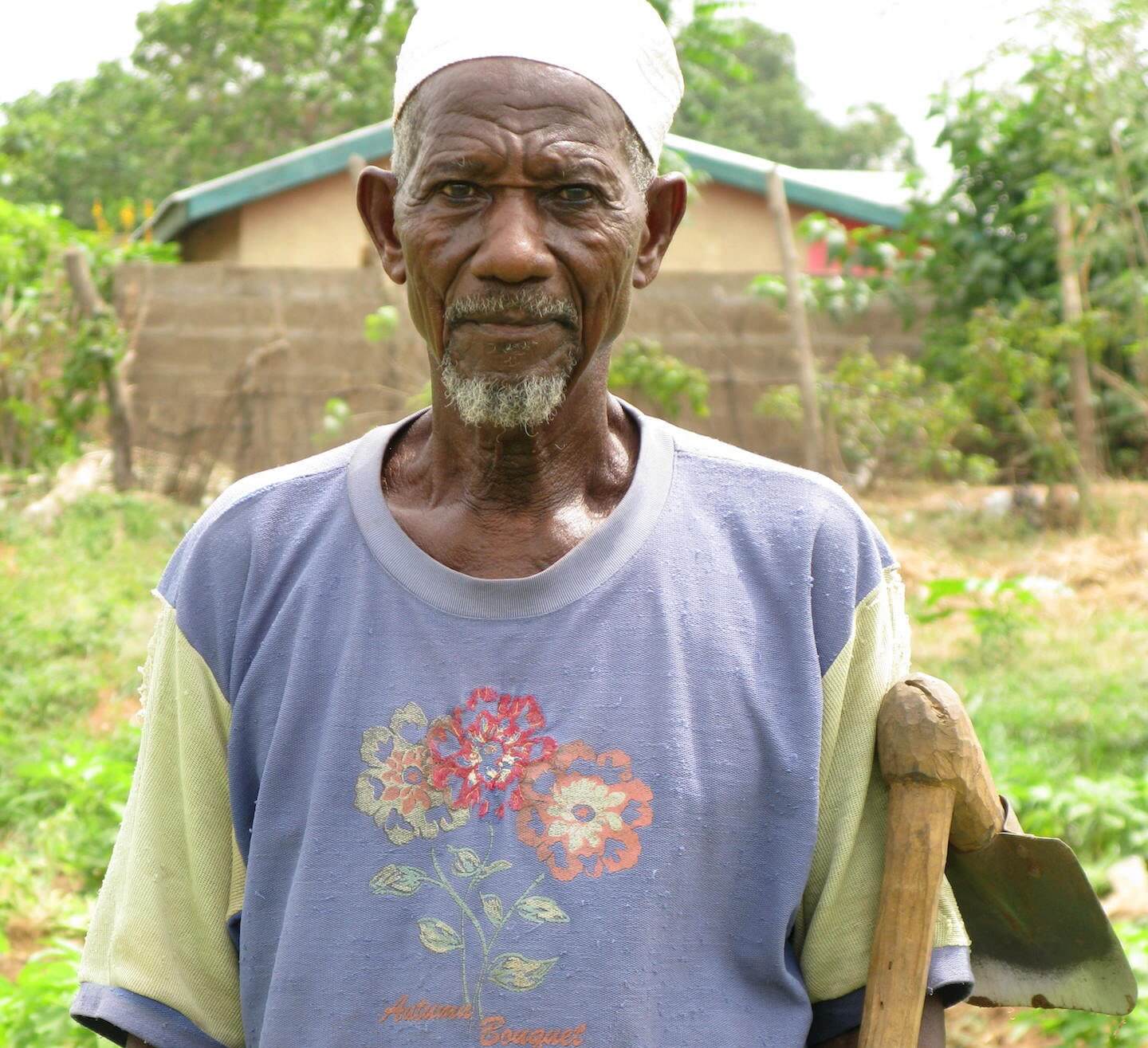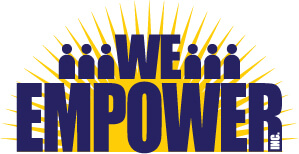
Our mission and vision
 We-Empower Inc. actively seeks and supports interventions that enable members of poor households, women and youth in rural, peri-urban and urban locales to profitably strengthen their self-reliant and sustainable means of agricultural production, processing, and market linkages that stimulate economic growth, food security, health, and resilience. We pursue this vision with a commitment to our core values, which are:
We-Empower Inc. actively seeks and supports interventions that enable members of poor households, women and youth in rural, peri-urban and urban locales to profitably strengthen their self-reliant and sustainable means of agricultural production, processing, and market linkages that stimulate economic growth, food security, health, and resilience. We pursue this vision with a commitment to our core values, which are:
- Human Dignity
- Sustainability
- Empowerment
- Resilience
- Human, animals & environmental health
Human Dignity – We view human dignity as a key outcome of self-reliance which enables each head of participating households, regardless of social or economic standing, to have sufficient food for his or her family without worrying about survival or need for outside support each day, and instead being able to plan for the future.
Sustainability – We also view the supporting of sustainable value chains and stable infrastructures as essential. It is necessary to establish food storage procedures based on the World Food Program’s food security standard. Once in place, these procedures would ensure a supply of food sufficient to sustain household nutrition and livelihoods throughout the year, including food scarce periods between harvests and provide buffer amounts to use during periods of drought. Stable food availability across all households in given locales and periods will help protect against chaotic price fluctuations. With proper attention, annual income from agriculture can be expected to almost double while at the same time the costs per unit of production can be reduced by almost 50%. Income will be more stable throughout the year, providing economic sustainability for agriculture in general and to farmers and families as well.
Empowerment – Employment options are ones that allow women and youth to make educated workforce decisions that promote healthy lifestyles. A stable agricultural industry will provide economic stability that will in turn provide for stability in the labor market. The individual empowerment of having a stable job transcends all boundaries in the human race – male or female, black or white, developed or underdeveloped country.
Resilience – Can be defined in terms of communities that are able to recover from shocks that negatively affect regional and national economies, thus preventing human suffering. The reoccurrence of agricultural feast and famine in areas with no food security creates local, regional and national shock waves. Because they knock down the population every growing cycle, there is no opportunity to develop community resilience. Reducing post-harvest losses from 50 % to close to 5% can minimize or even eliminate these shock waves. This allows populations to strengthen from growing season to growing season, instead of expending all the energy gained from the previous harvest to get up again before the next growing season starts.
 Human, animal and environmental health – About 70% of the human infectious diseases have an animal host or animal reservoir. This means that controlling zoonotic diseases (diseases transmitted from animal to human) is crucial to keeping human diseases under control. Indiscriminate use of antibiotics in food producing animals can cause contamination of milk and meat consumed by humans. Repeated unnecessary antibiotic use can cause bacterial resistance in humans.
Human, animal and environmental health – About 70% of the human infectious diseases have an animal host or animal reservoir. This means that controlling zoonotic diseases (diseases transmitted from animal to human) is crucial to keeping human diseases under control. Indiscriminate use of antibiotics in food producing animals can cause contamination of milk and meat consumed by humans. Repeated unnecessary antibiotic use can cause bacterial resistance in humans.
This can put vulnerable human populations, especially children and older people, at risk. In addition, antibiotics excreted by animals through urine and fecal material can contaminate soil and water supplies harming the environment. Other environmental threats come from indiscriminate deforestation which can increase the effects of droughts and floods, and disturb the wildlife habitat.
At We-Empower, we are mindful of these complex interactions between humans, animals and the environment, and are ready to work with communities towards sustainable development.
